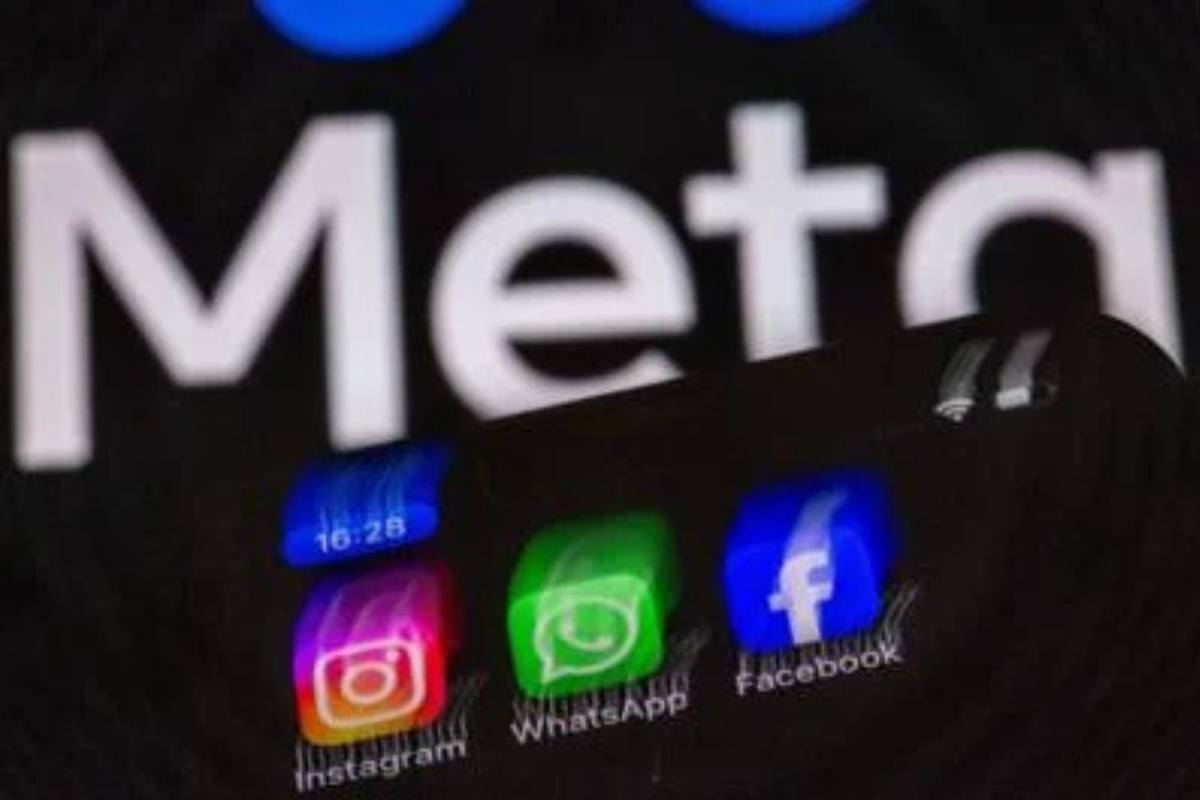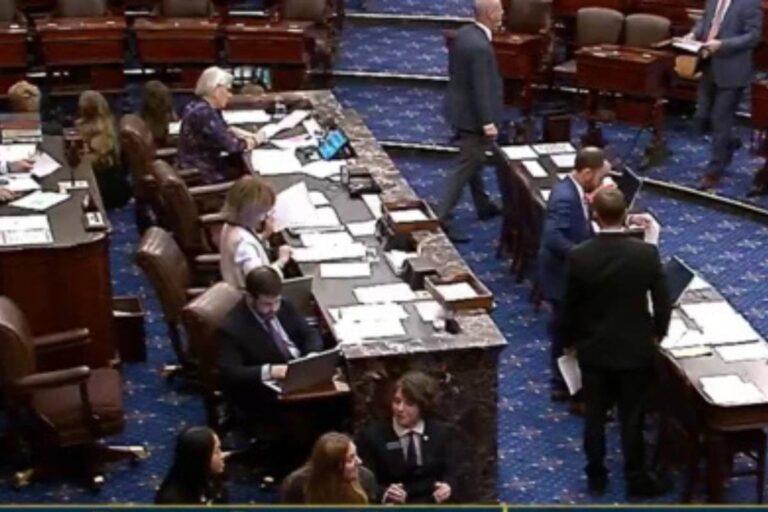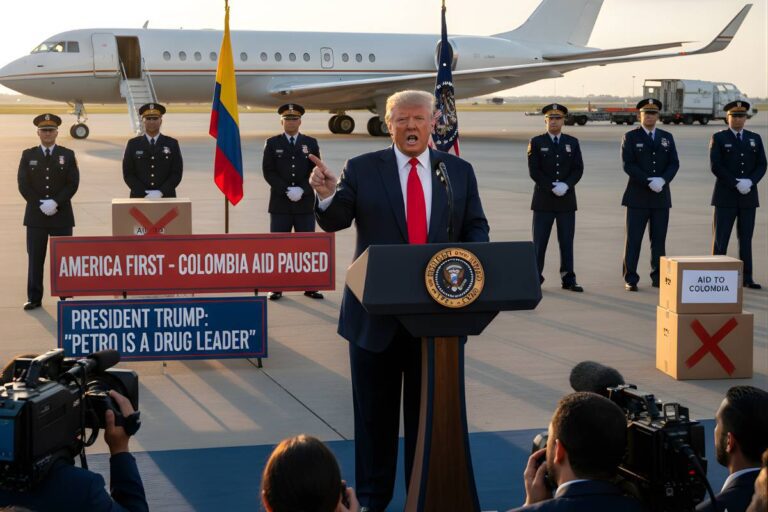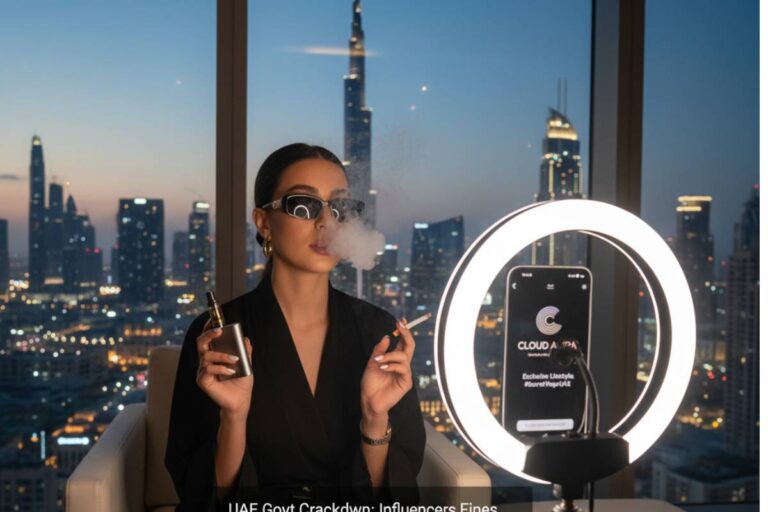Social media giant Meta, the parent of popular brands Facebook, Instagram, and WhatsApp, is in the witness box. The charge: Meta practiced “illegal monopolization” by acquiring rivals, then Instagram (in 2012 for $1 billion) and WhatsApp (in 2014 for $19 billion), in an anti-competitive manner, which regulators have labeled a “buy-or-bury strategy.” What’s at risk? Meta might be compelled to spin out from these businesses, establishing a landmark precedent for the tech industry.
It was amid this backdrop that Meta CEO Mark Zuckerberg testified in court on Monday in the determinative trial, initially brought before the courts in 2020 during US President Donald Trump’s last term of office, to defend against charges that his corporation runs a social media monopoly.
What is the Meta antitrust trial?
The FTC brought the case and if the regulator succeeds in persuading a Washington court to decide in its favor, it could result in a splintering of the $1.4 trillion firm — the largest splintering of a company in more than four decades, when telephone giant AT&T was dismantled. But more generally, it might establish a new precedent for how Big Tech firms do business.
It would also indicate the hunger the new US government has to confront Big Tech, particularly since most of them have made a beeline to appease Trump, by taking steps such as suspending diversity hires, halting fact checks, and creating a clearer line of communication with the White House, among others.
Meta defends in round one
During the case testimony, the FTC referred to a 2011 email sent by Zuckerberg: “Instagram looks like it’s growing quickly.” The next year, he wrote another email stating the firm was “so far behind that we don’t even know how far behind we are… I fear that it will take too long for us to catch up.”.
Zuckerberg, the first witness in the case, testified that the emails were “relatively early” discussions regarding purchasing the app and that since its purchase, Meta has implemented a number of changes to the platform.
FTC’s lead attorney, Daniel Matheson, asked Zuckerberg to explain the “core value proposition” of Meta, a question that might prove central to the regulator’s case for demonstrating that the social media giant practiced monopolistic conduct in the “personal social networking” market, which the FTC argues is comprised of only four platforms, Instagram and WhatsApp, Snapchat and a far smaller app named MeWe. By adding the two Meta-owned apps, the FTC asserted that the company controls close to 80 percent of active users within the market. Zuckerberg, however, argued that his platforms began with friends and family, and shifted toward “more of a broad discovery-entertainment space.”.
The firm has further contended that the examples selected by the FTC to define a market and again substantiate abuse of dominance are not broad, as they don’t include ByteDance-owned popular Chinese tech brand TikTok, iPhone maker Apple-owned iMessage, and others.
What is FTC’s case against Meta?
The regulator had accused Meta of illegally holding its personal social network monopoly via a multi-year anticompetitive conduct.
As the FTC’s complaint alleged, Facebook zeroed in on prospective competitive challenges to its leadership. Instagram was a fast-growing startup that arose at a strategic moment in competition in personal social networking when users of personal social networking services were switching from desktops to smartphones, and when consumers were increasingly adopting photo-sharing. The suit claimed that “Facebook executives, including CEO Mark Zuckerberg, soon realized that Instagram was a lively and innovative personal social network and an existential threat to Facebook’s monopoly power.”.
As the FTC claimed, Facebook (now Meta) initially attempted to compete with Instagram on merit by enhancing its own services but decided to acquire Instagram instead of competing against it. “Facebook’s acquisition of Instagram for $1 billion in April 2012 allegedly both neutralizes the direct threat posed by Instagram and makes it more difficult for another personal social networking competitor to gain scale,” the complaint stated.
At roughly the same time, Facebook allegedly saw “over-the-top” mobile messaging applications posing a serious threat to the company’s monopoly dominance. Specifically, the complaint claimed that Facebook’s top executives recognized, “and feared”, that a successful mobile messaging app would be able to enter the personal social networking space, either by adding new features or by breaking out a standalone personal social networking app.






















